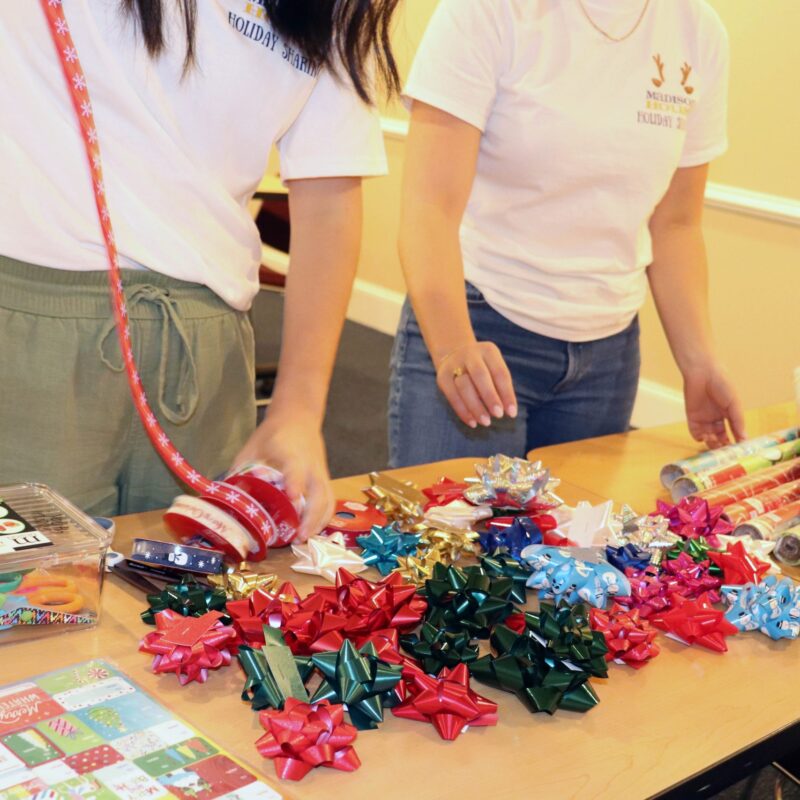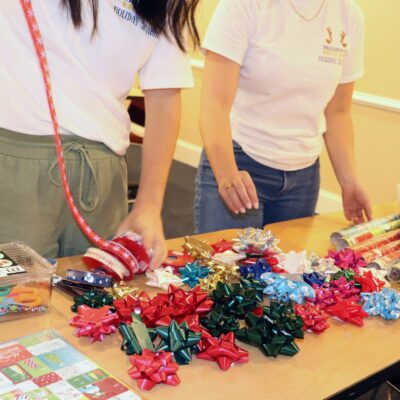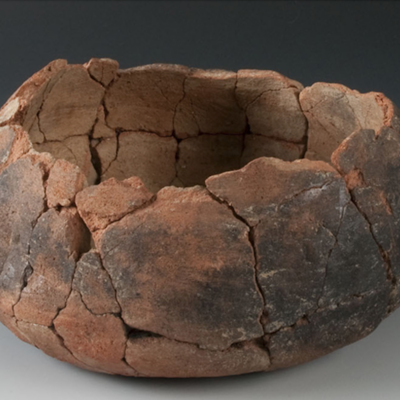On Friday, hundreds will fill a ballroom at the DoubleTree Hotel on Route 29 for the Albemarle Charlottesville NAACP’s 2013 Freedom Fund Banquet. This year, UVA President Teresa Sullivan headlines the event, which is the chapter’s most important fundraiser.
We sat down with chapter president Dr. M. Rick Turner to talk about the choice of a keynote speaker and the role of a race-based protest organization in today’s Charlottesville.
C-VILLE Weekly: Why choose Dr. Sullivan to be the keynote speaker for the banquet? What role do you think UVA should be playing in the conversation about race in Charlottesville?
Rick Turner: The community I think has not had enough opportunities to hear what she has to say, to meet her, to greet her. The African-American community is a major part of the University community. Look at the people who do the service jobs. There’s a historic relationship—not always a good one, but it’s a historic relationship. We’re delighted to have her.
How do you recruit the next generation into the ranks of a race-based organization at a time when issues of race aren’t necessarily front and center for many young people?
That’s always one of our biggest challenges every year—how to get young people to become involved as members and to commit themselves to the mission. Civil rights organizations have a lot of competition for young people’s attention. But I do believe young Americans believe in social justice.
I’m excited about the new leadership of the University chapter. I spoke at the Carter Woodsen Institute the other week to mark the 50th anniversary of the March on Washington, and I had several young people come up to me to ask how they could join the NAACP. That’s just very exciting to me.
In a city that’s addressing issues of racial disparity and discrimination on several platforms, why do you think it’s important to continue the work of the NAACP here?
I think racism is sort of a permanent aspect of life, and I think you have to be vigilant. There’s still racial discrimination, but it’s often hidden. These groups are here today—the Dialogue on Race, the Human Rights Commission—but they might be gone tomorrow, based upon funding, based upon interest. Us working together, it’s a great enhancement. We don’t have to reinvent the wheel. We have a long history of working and establishing relationships with organizations that have similar missions.
I was glad to see the diversity of people at the Trayvon Martin vigil a few weeks ago. I saw black faces, white faces, Asian faces, Latino faces. But I’m disappointed in the lack of involvement of the black churches in protesting discrimination. They were all involved in the civil rights movement, and they are the only institution that black folks own, and they should be more actively involved in issues of racial discrimination.
I’m not saying that people have short memories. But I think we take for granted that things are going to be all right. Things are only going to be all right if Americans make things all right, if they commit themselves to being courageous.
The NAACP’s 2013 Freedom Fund Banquet begins at 5:30pm Friday, September 13. Details on buying tickets are at albemarlecvillenaacp.org/events. All are welcome.





